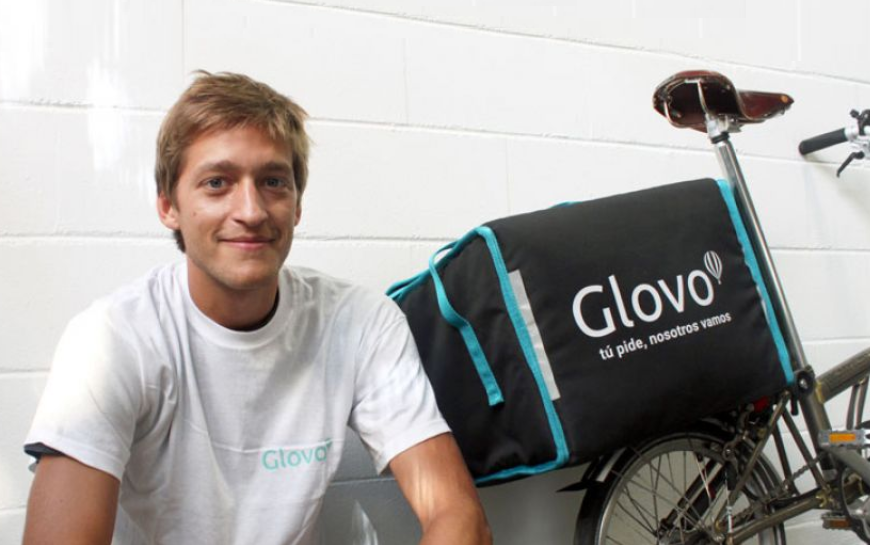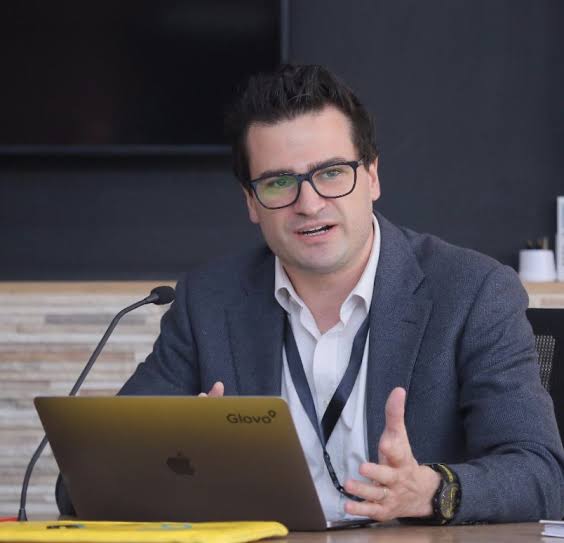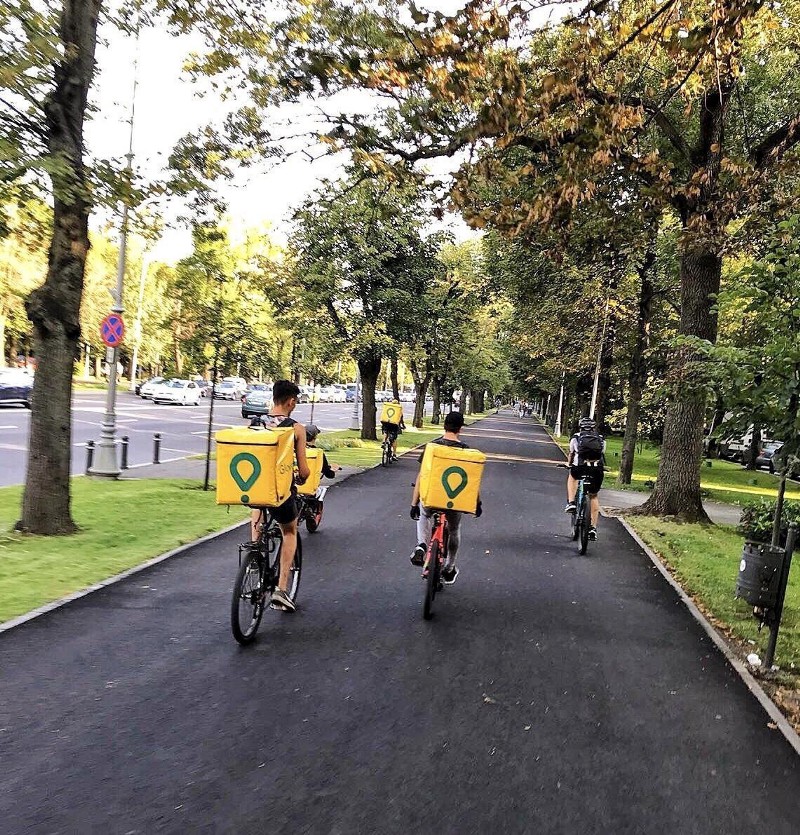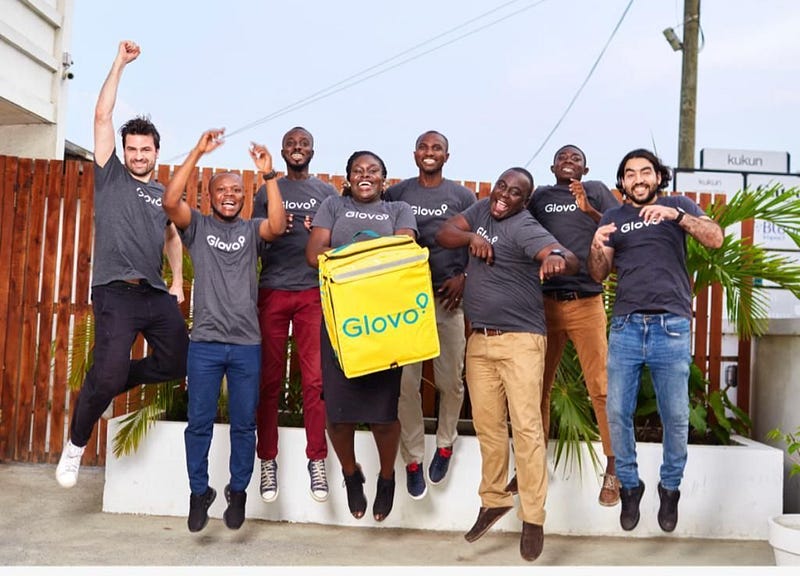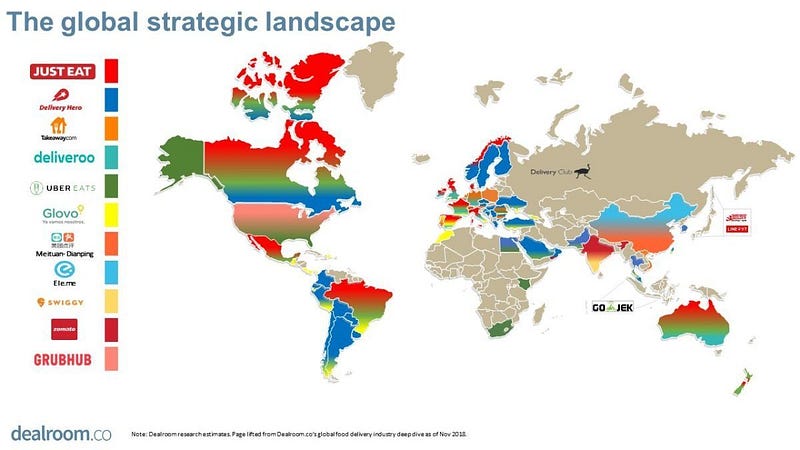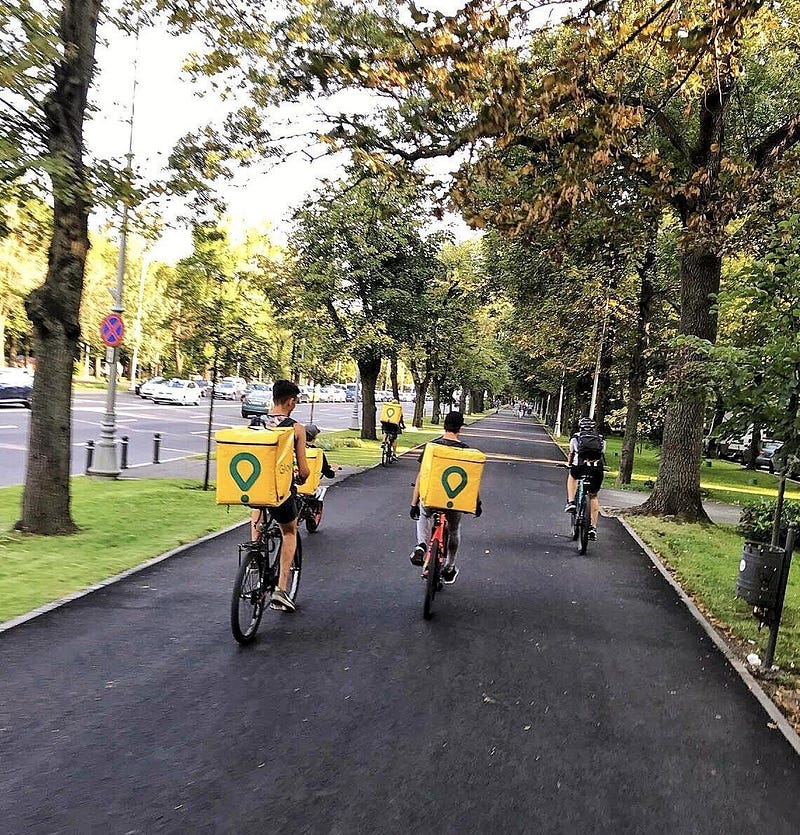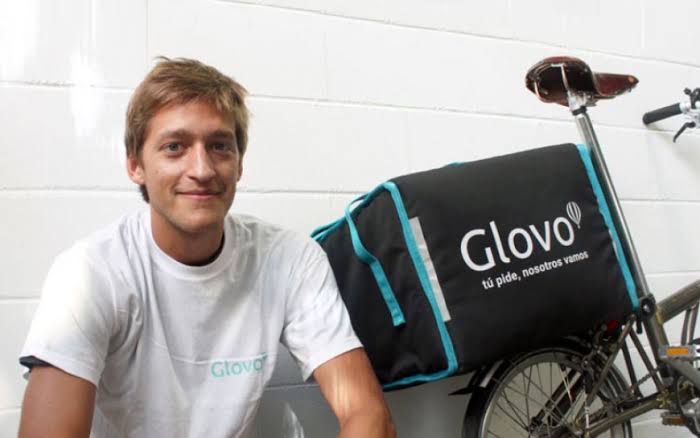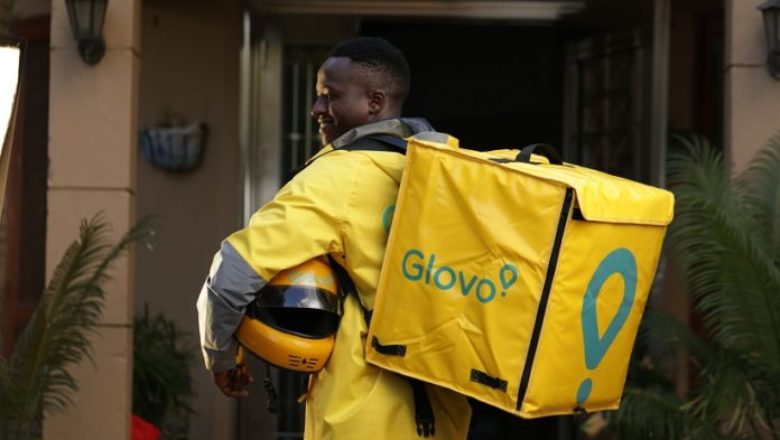What Does The Latest Majority Ownership Of Glovo By Delivery Hero Mean For Delivery Startups In Africa?
German delivery firm, Delivery Hero, is gradually crawling into fully owning Glovo, its Spanish competitor which has invested over $30m and expanded to key places in Africa, including Morocco, Uganda, Kenya, Ghana, Côte d’Ivoire and Nigeria.
The pattern of this crawl is notable. By the end of 2020, Delivery Hero’s ownership stake in Glovo, for which it paid €280.5 million ($316m), stood at 36%, but this figure has ballooned further up.

Now, barring any last minute changes, Delivery Hero is set to become Glovo’s majority owner after committing to a deal to acquire an additional 39.4% stake of the Spanish startup, of which it already owned 44%.
Read also Glovo on-demand Delivery Startup Plans to Set Shop in Nigeria
This marks a significant detour for the seven-year-old Glovo, now valued at more than $2.34 billion.
“I started Glovo in 2015 right after college, and I find it incredible how technology can have so much impact in such little time. We’ve changed how millions of users get their local products and manage their time in a city. We’re creating a new online opportunity for local merchants and providing earning opportunities to couriers working with our platform. With the markets we cover today, we can serve a total population of more than 700 million people. I believe our potential is untapped, and I’m happy to have found a partner that matches our ambition, culture and will keep supporting this adventure we’ve embarked on to drive innovation further, strengthen our multi-category offering and create additional value for all our stakeholders, and the industry,” 26-year-old Oscar Pierre, CEO of Glovo, said in a statement.

From Competitors To Strategic Partners
The deal between Glovo and Delivery Hero holds a lot of lessons for how startups in the same industry may compete. Although started as a food delivery service in 2011 (just 4 years ahead of Glovo), Delivery Hero today runs its own delivery platform (the same business model as Glovo) on four continents.
For the past few years, Delivery Hero has been laying the ground work for Glovo’s eventual acquisition or partnership.
Read also Cameroon’s Mobility Startup, Bee Group, Lands New Funding To Offer Motorcycle Taxis And Delivery
The company purchased nearly all of Glovo’s Latin American operations in a combined asset and share acquisition valued at up to €230 million ($260m)in October 2020. The deal included 100 percent of Glovoapp’s shares, as well as 100 percent of Glovo’s operations in Peru, Ecuador, Guatemala, Colombia, Costa Rica, and Honduras.
At the same time, Delivery Hero, through its local entities, acquired Glovo’s assets in Argentina, Panama and the Dominican Republic.
According to Delivery Hero, the acquisitions were made to expand the company’s position in Latin America by complementing existing operations in the Americas and adding new countries to the map of the company’s services in the region.
Then after its mammoth $528 million Series F raise last year, Glovo acquired several of Delivery Hero’s businesses in Central and Eastern Europe for $208 million, further paving the way for eventual consolidation with Delivery Hero.
Glovo will continue to operate under its present management team, led by its two founders, who will stay engaged in the company once the transaction closes. They’ll work together with Delivery Hero to take use of shared technologies to boost efficiencies and speed up product development.
Some Of Delivery Hero’s Last Unconquered Territories Are In Africa
Although Delivery Hero has had far more acquisitions than Glovo, it barely maintains presence in Africa. Its only African presence before the acquisition of the majority stake in Glovo is in Egypt, where it has presence through a previous acquisition in 2015, of regional market leader Talabat.com.
Read also Spanish Delivery Startup Glovo Enters Ghana, Its Fifth Market In Africa
Besides operating in its home market Kuwait as well as in Egypt, Talabat is active in Saudi Arabia, United Arab Emirates (“UAE”), Bahrain, Oman and Qatar with particularly strong market positions in Kuwait, UAE, and Saudi Arabia.
Perhaps expanding to Africa through Glovo could prove an additional revenue source for Delivery Hero, and a major threat to local delivery startups.
For instance, despite the COVID-19-induced restrictions in 2020, revenues in Middle East and North Africa (MENA) increased by 24.8% to €894.3 million (previous year: €716.6 million) and orders grew by 29.4% to 386.3 million (previous year: 298.6 million). The acquisition of United Arab Emirates’ Instashop on August 14, 2020 further contributed to the performance from thereon with €9.0 million in 2020.
“The Delivery Hero team has admired and supported Glovo for many years. They have been frontrunners in the industry by offering a multi-vertical service from the start. Their product focus and fast execution have given them a leading position in 16 out of 25 markets, despite having launched a number of years later than their peers. We will continue to invest in Glovo’s team and product, and see many opportunities to further enhance their operations with our resources and expertise,” Niklas Östberg, CEO and Co-Founder of Delivery Hero said in a statement.
Africa now accounts for 30% of Glovo’s global reach, with 23 countries represented. And the Spanish firm expects to be operational in 30 countries by the end of the year, owing in part to a two-year IPO plan.
Glovo claims to be the market leader in 80% of the countries where it operates.
After a steady rise in orders, the company’s grocery service division has expanded the fastest, with revenue increasing dramatically. Glovo had to also invest extensively in dark storefronts and develop virtual brands for restaurants in July to suit customers’ expanding needs.
While Glovo will face competition from African competitors such as Gokada, Jumia Food, UberEats, and others for market share, the company is optimistic due to its multi-category strategy, with grocery sales accounting for half of its business in several African areas.
Read also SendChamp raises $100,000 in angel round to build communication solutions for African businesses
Partnering with Delivery Hero has, therefore, undoubtedly put delivery startups in Africa on high alert.
€1 is 1.13 United States Dollar

